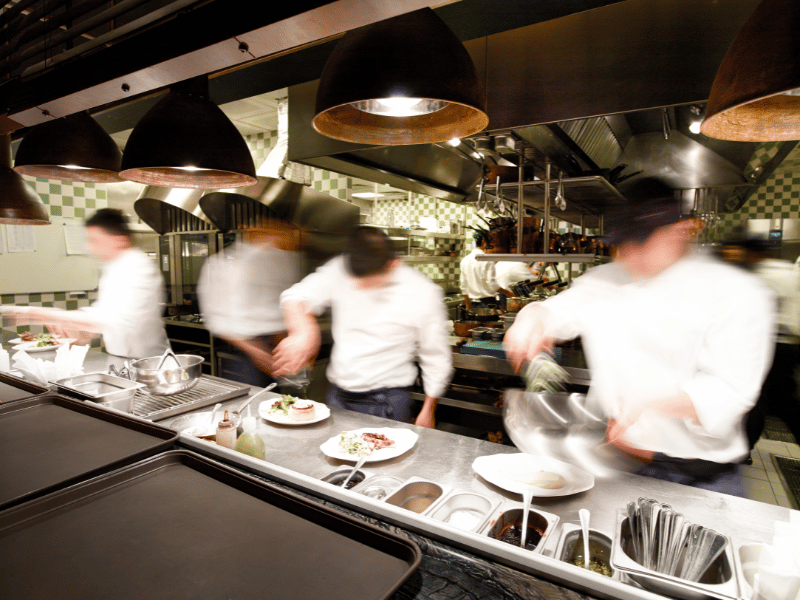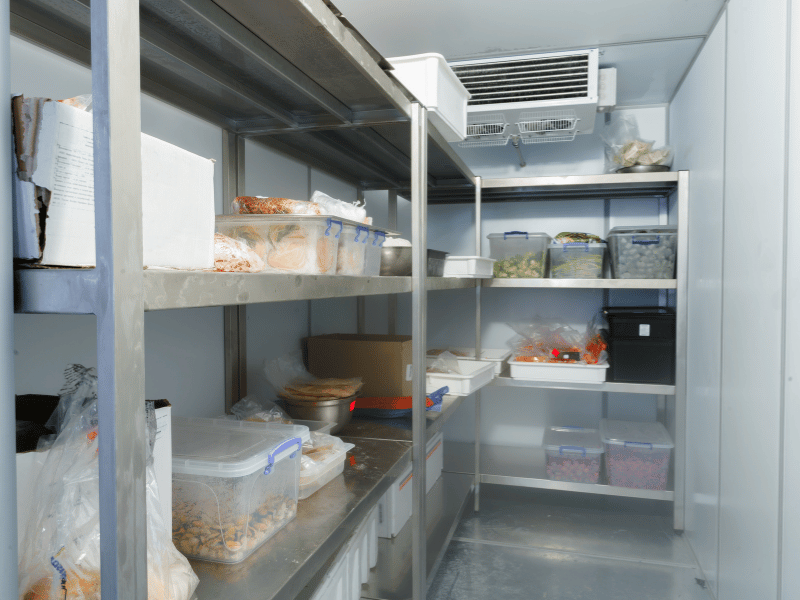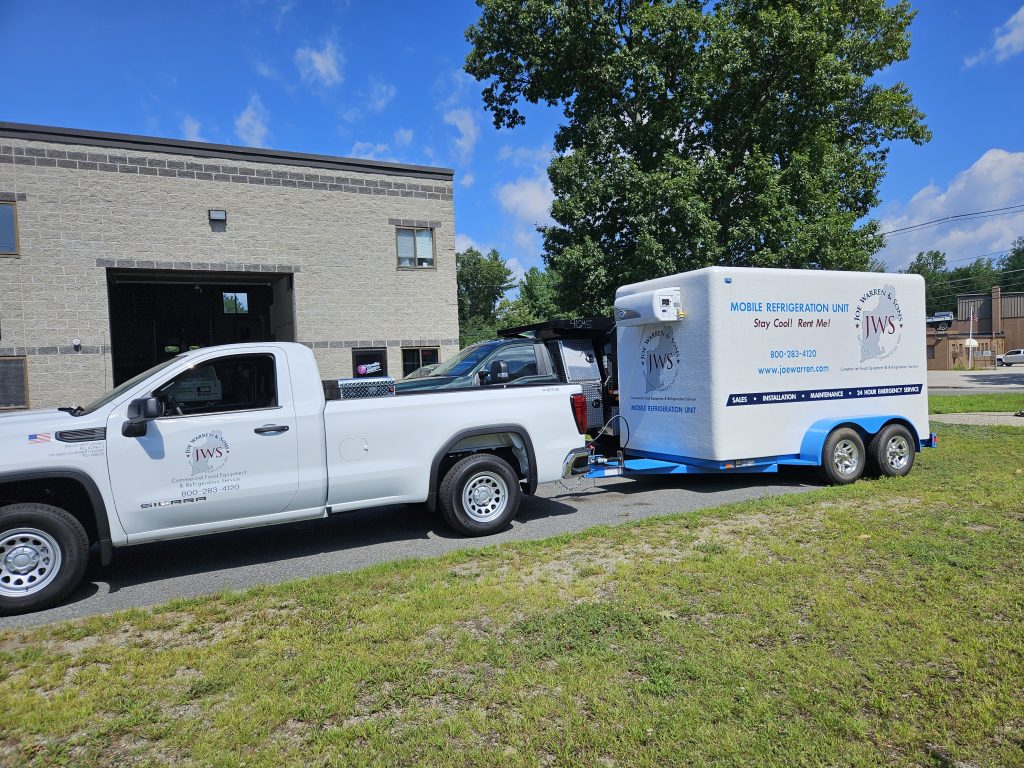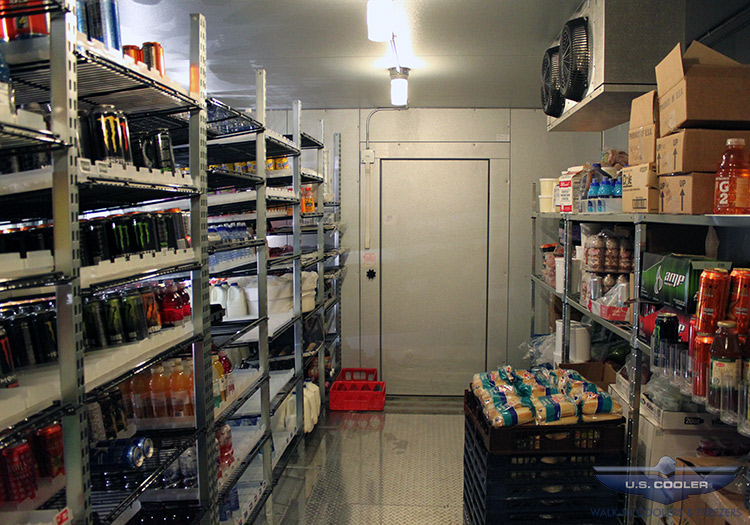A look at cutting-edge refrigeration innovations and how they benefit the food service industry
Commercial refrigeration is evolving rapidly, with innovations designed to improve energy efficiency, food safety, and overall operational performance in the food service industry. As a trusted name in commercial kitchen equipment service, repair and installation, Joe Warren & Sons has seen first-hand how these advancements are shaping the future of refrigeration. In this post, we’ll explore some of the latest trends and how they’re benefiting restaurants, catering services, and other food service businesses.
1. Energy-Efficient Refrigeration Units
Reducing energy consumption is a key priority for the food service industry. With growing awareness of environmental impacts and rising energy costs, energy-efficient refrigeration is now a top concern. The latest refrigeration units are designed with advanced insulation materials, improved airflow systems, and smart energy management features to reduce electricity usage.
How It Benefits the Industry:
Energy-efficient models lower operational costs, which is crucial for businesses that rely on refrigeration around the clock. These units not only reduce utility bills but also contribute to sustainability goals by minimizing carbon footprints.
2. Smart Refrigeration Technology
IoT (Internet of Things) technology is transforming the way commercial refrigeration systems are monitored and managed. Smart refrigeration units are equipped with sensors and remote monitoring capabilities that allow operators to track temperature, humidity, and energy usage in real-time.
How It Benefits the Industry:
With smart technology, potential issues like temperature fluctuations or equipment malfunctions can be detected early, reducing the risk of food spoilage. Remote monitoring also allows technicians to troubleshoot problems before they escalate, leading to faster repairs and reduced downtime.
3. Eco-Friendly Refrigerants
The global push for environmental responsibility has led to the development of eco-friendly refrigerants. Many traditional refrigerants, such as hydrofluorocarbons (HFCs), are being phased out due to their harmful impact on the ozone layer. In their place, new refrigerants like R-290 (propane) and R-600a (isobutane) are emerging as environmentally safe alternatives.
How It Benefits the Industry:
Eco-friendly refrigerants not only meet regulatory requirements but also enhance refrigeration efficiency. They have lower global warming potential (GWP), helping businesses comply with sustainability initiatives while maintaining optimal performance.
4. Variable Speed Compressors
Variable speed compressor technology is a game-changer for commercial refrigeration systems. Unlike traditional compressors that operate at a constant speed, variable speed compressors adjust their operation based on real-time cooling needs.
How It Benefits the Industry:
This technology increases energy efficiency and extends the lifespan of refrigeration units by reducing wear and tear on components. For food service businesses, this means fewer repair costs and longer-lasting equipment.
5. Advanced Food Safety Features
Ensuring food safety is a non-negotiable priority for any food service establishment. New refrigeration systems come equipped with advanced safety features, including precise temperature control, automated defrosting, and built-in alarms for potential issues.
How It Benefits the Industry:
These innovations help ensure that perishable goods are stored at the correct temperatures, minimizing the risk of foodborne illnesses. Automatic alerts and built-in safety systems allow operators to act quickly when temperatures fall outside of safe ranges.
6. Modular and Customizable Refrigeration Solutions
As food service businesses grow, their refrigeration needs can change. Modular refrigeration units allow businesses to expand or reconfigure their systems as needed, offering flexibility that traditional units may lack.
How It Benefits the Industry:
Customizable and modular designs allow restaurants, catering services, and other food businesses to adapt their refrigeration to their specific needs. Whether expanding a cold storage area or adding specialized units for different types of food, modular systems provide scalability and efficiency.
7. Improved User Interfaces
Touchscreen controls and user-friendly interfaces are becoming standard in modern refrigeration systems. These intuitive controls make it easier to adjust temperatures, monitor performance, and set alarms for maintenance.
How It Benefits the Industry:
Improved interfaces simplify the operation of complex refrigeration systems, allowing staff to easily manage temperature settings and other key functions. This reduces the learning curve for new employees and minimizes user errors, keeping food storage conditions optimal.
Conclusion
The latest trends in commercial refrigeration technology are reshaping the food service industry. From energy efficiency and smart monitoring to eco-friendly refrigerants and customizable solutions, these innovations provide tangible benefits that improve operational performance, reduce costs, and ensure food safety. At Joe Warren & Sons, we’re committed to staying at the forefront of these technological advancements, offering expert installation, repair, and maintenance services to help our clients maximize the potential of their refrigeration systems.
If you’re interested in upgrading your commercial refrigeration or need expert advice on keeping your systems running smoothly, contact Joe Warren & Sons today. We’re here to ensure that your refrigeration technology is as cutting-edge as your business.






